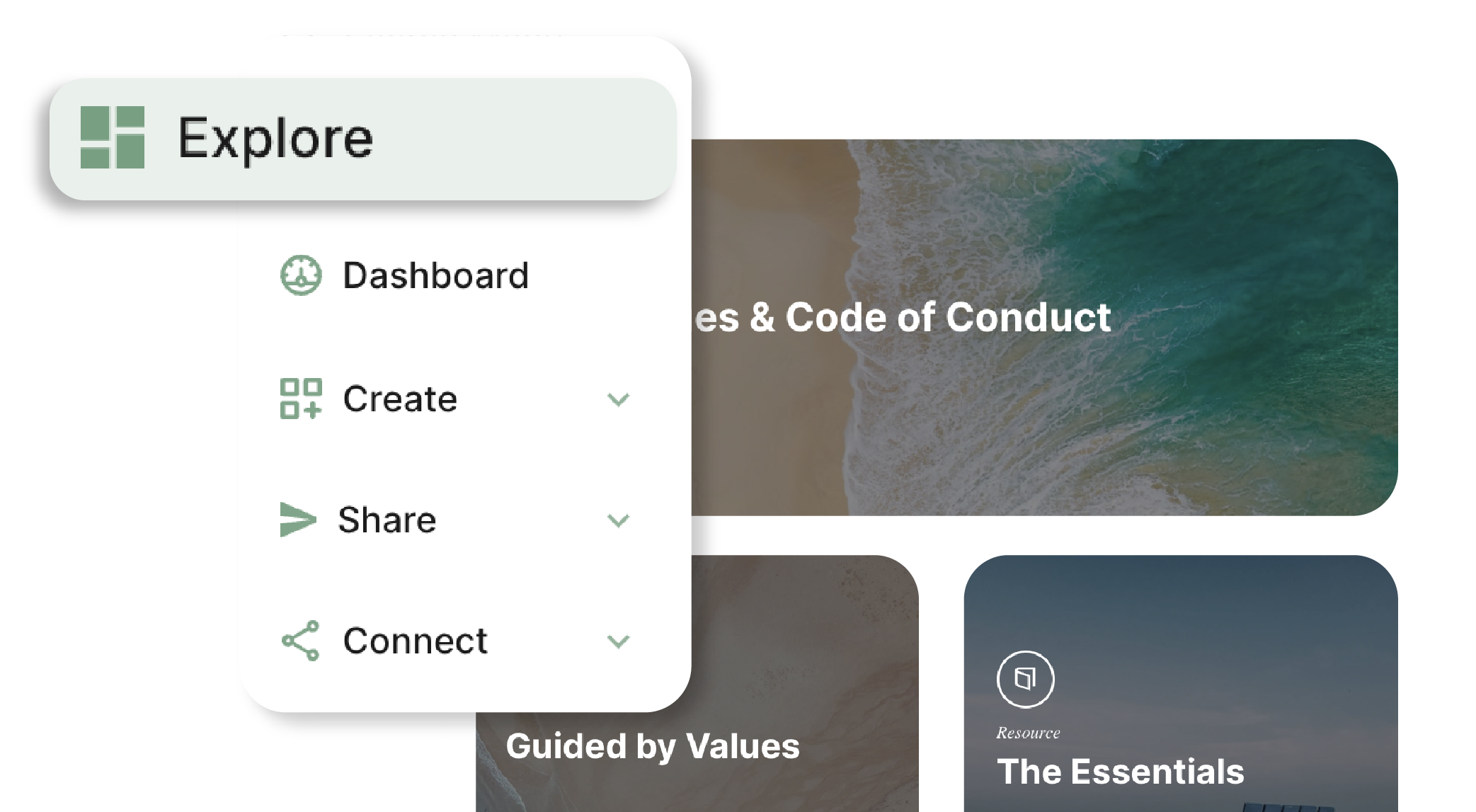Dive into the essentials of retail sales training, unlocking strategies and techniques that empower sales teams to thrive in today's dynamic retail landscape.
In the dynamic world of retail, equipping your team with impactful sales training is crucial. This comprehensive guide will delve into the importance of retail sales training, its key components, and how to measure its effectiveness.
Let's unlock the potential of your retail team together.
What is Retail Sales Training?
Retail sales training is more than just teaching your team how to sell. It's about providing them with the knowledge, skills, and confidence they need to deliver exceptional customer experiences. From understanding your products to mastering sales techniques, effective training can transform your retail team and drive your business success.
Ramp Sales Reps Like Never Before
Key Components of Retail Sales Training
A well-rounded retail sales training program encompasses several key components:
Product Knowledge
An in-depth understanding of the products you sell is the foundation of effective selling. Training should equip your team with detailed product knowledge, enabling them to confidently answer customer queries and make persuasive product recommendations.
Customer Service Skills
Exceptional customer service can set your retail business apart. Training should focus on developing essential customer service skills, such as active listening, empathy, and problem-solving.
Sales Techniques
From upselling to cross-selling, effective sales techniques can significantly boost your retail sales. Training should cover a range of sales techniques and provide opportunities for your team to practice and refine these skills.
Role-Playing Exercises
Role-playing exercises can help your team apply what they've learned in a safe and supportive environment. These sales training exercises can simulate a variety of retail scenarios, helping your team prepare for real-world interactions with customers.
How to Implement a Retail Sales Training Program
Creating and implementing a retail sales training program requires careful planning and execution.
Here are the steps to develop an effective retail sales training program:
1. Identify Training Needs
Start by identifying the skills and knowledge your team needs to succeed. This could involve observing your team in action, gathering feedback, and considering your business goals.
2. Develop Training Content
Based on your training needs, develop engaging and relevant training content. This could include product information, sales techniques, and customer service skills.
3. Leverage Training Technology
Consider using an modern learning management system like Continu to deliver your sales training. Continu's features can help you create engaging training content, track your team's progress, and provide personalized learning experiences.
4. Provide Ongoing Training
Retail is a fast-paced industry, and ongoing training is essential to keep your team's skills and knowledge up to date. Regular training can also help reinforce learning and address any knowledge gaps.
Measuring the Effectiveness of Retail Sales Training Initiatives
To ensure your retail sales training is effective, it's important to measure its impact.
Key performance indicators (KPIs) can provide valuable insights into the effectiveness of your training. These could include sales figures, customer satisfaction scores, and employee performance metrics. Regular feedback from your team can also help you identify areas for improvement and tailor your training to better meet your team's needs.
The Right Tool for Retail Sales Training
Effective retail sales training can equip your team with the skills and confidence they need to succeed. It can boost your sales, enhance customer satisfaction, and drive your business success.
By understanding the key components of retail sales training, implementing a comprehensive training program, and measuring its effectiveness, you can unlock the full potential of your retail team.
Ready to take your retail sales training to the next level? Explore how Continu's modern learning management system can support your training goals.












